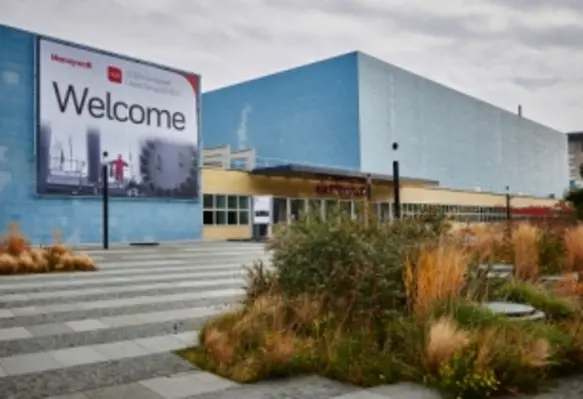Safdar Akhtar is Honeywell Process Solutions business leader in MEA and APAC and he took some time to answer some of our questions on cyber security, particularly focusing on his areas of expertise of oil and gas plant cyber security, at the Honeywell User Group at The Hague, The Netherlands
Akhtar answered a number of questions on cyber security, particularly within Honeywell's products and services in the industrial sector. Here is a brief extract focusing on African cyber security.
Communications Africa: What are the main challenges for cyber security in the African markets?
The cyber security challenges are across the world, not just in Africa or the Middle East, they have one simple challenge. These networks are built all the time, organically. What does that mean? They saw an empty port, they want something communicated, they just put it in there. So, they are flat networks. They are not built with a security perspective. That is our biggest challenge when it comes to technology, and also people are not trained at the same time and there are no processes either. So, how to resolve that challenge? Well Honeywell is doing a lot of these assessments which we are talking about where we send our people in there, they do their assess the plant from a technology perspective from cyber security maturity where we generate a report. And then we provide them the lifecycles of how to help with the problem so this problem, everything is done organically because a plants life could be from one day to 50 60 years old.
Communications Africa: When you look at Pulse [Honeywell's app-based industry alert system], and the connectivity between what is happening on site and it all going to peoples mobile phones, for Honeywell, is that another line that you have to secure or can you develop it in such a way that the information is useless to a hacker? And is this different in Africa? Because the continent is so personally networked.
Okay, well three or four things, it's not just mobile, right? Do you have a USB on you?
Communications Africa: Yes, I keep one in my wallet.
Everybody has one. Including, my 14 year old daughter! Mobile is one way, but this is the most carried medium on the earth, a USB, of every age. If I wanted to send you a picture for example, I just download it and give it to you and without thinking you can inject it into a wired computer. So people have these USB and where the plant is available so that is another way of doing it. USBs, mobile phones, any transmitting devices, they are not allowed in Middle East and Africa is going to same way.






















